US warns China of serious consequences for supporting Russia’s war
- Update Time : Thursday, January 9, 2025
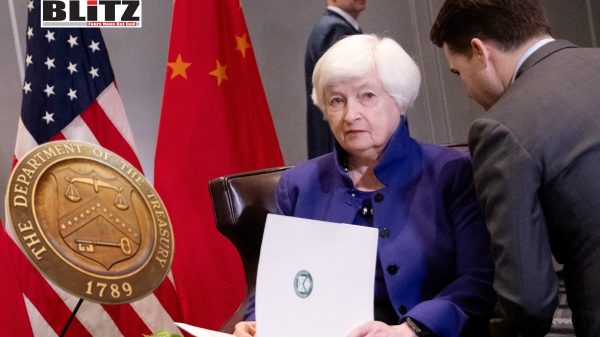
US Treasury Secretary Janet Yellen has issued a stern warning to Chinese companies, cautioning them against providing material support to Russia in its ongoing conflict with Ukraine. Yellen’s remarks came during a video call with Chinese Vice Premier He Lifeng on January 6, underscoring Washington’s growing concerns over China’s economic and technological ties to Moscow.
In a statement released after the meeting, the US Treasury reported that Yellen had “underscored the significant consequences that companies, including those in China, would face if they provide material support for Russia’s war against Ukraine.” This is not the first time Washington has issued such warnings; Yellen made similar remarks in April 2024, following allegations by US Secretary of State Antony Blinken that China was supplying dual-use goods to bolster Russia’s defense industrial base.
The United States has repeatedly accused China of supplying Moscow with dual-use technology-products that can serve both civilian and military purposes-including semiconductors and drone systems. These technologies, Washington claims, enhance Russia’s military capabilities in Ukraine, violating international sanctions frameworks. In response, the US has imposed targeted sanctions on Chinese firms and individuals allegedly involved in these transactions.
Beijing, however, has consistently denied these accusations. Chinese officials assert that the government maintains strict export controls on dual-use items and does not provide weapons or military aid to any party involved in the Ukraine conflict. “China has always adhered to a responsible export control policy,” said a spokesperson for the Chinese Ministry of Commerce. “We firmly oppose any groundless accusations or unilateral sanctions by the US.”
To counter these allegations and increase transparency, China recently introduced enhanced export control regulations on dual-use goods, effective December 1, 2024. These measures aim to standardize the export of items with both civilian and military applications, ensuring compliance with international norms. Beijing hopes these steps will demonstrate its commitment to responsible trade practices while addressing concerns raised by the international community.
Despite these regulatory changes, Washington remains skeptical. US officials argue that China’s actions do not go far enough to prevent the flow of critical technologies to Russia. “Enhanced export controls are a step in the right direction, but they’re meaningless if enforcement is lax,” said a senior US official on condition of anonymity. “We need to see concrete evidence that China is taking these measures seriously.”
Yellen’s warning comes amid escalating tensions between the world’s two largest economies. The latest meeting between Yellen and He Lifeng covered a wide range of contentious issues, including what the US Treasury described as China’s “non-market policies” and “malicious cyber activity.” Washington has long criticized Beijing for its state-driven economic model, which it claims undermines fair competition and distorts global markets.
For its part, the Chinese government expressed concerns about US economic and trade restrictions during the virtual meeting. In a statement, Beijing described the talks as “candid, in-depth, and constructive” but refrained from elaborating on the specific allegations of military support to Russia. Instead, Chinese officials emphasized the need for “stable and cooperative” economic relations between the two nations.
Over the past year, the US has intensified its efforts to curb Russia’s access to critical technologies by imposing sanctions on entities accused of violating export controls. Several Chinese companies and individuals have been targeted, with Washington accusing them of acting as intermediaries for Russia’s military procurement network. These sanctions have further strained US-China relations, already fraught with disputes over trade, intellectual property, and human rights.
The Biden administration has justified its actions as necessary to uphold the integrity of international sanctions against Russia. “We will not hesitate to act against those who enable Russia’s war machine,” said a spokesperson for the US Treasury. “The stakes are too high to allow any nation or company to undermine our efforts to support Ukraine.”
However, critics argue that the US approach risks exacerbating global supply chain disruptions and alienating key trading partners. “Sanctioning Chinese firms could backfire by pushing Beijing closer to Moscow,” warned Dr. Michael Sullivan, a professor of international relations at Georgetown University. “Rather than isolating Russia, this strategy may deepen the economic divide between the US and China, with long-term consequences for global stability.”
China finds itself in a delicate position, navigating its strategic partnership with Russia while attempting to avoid direct confrontation with the United States. Although Beijing has refrained from openly supporting Russia’s military actions in Ukraine, it has maintained close economic ties with Moscow, including increased purchases of Russian energy and commodities.
Analysts suggest that China’s approach reflects a calculated balancing act. “Beijing wants to signal its support for Russia without crossing a line that would provoke severe US retaliation,” said Dr. Lin Zhang, a senior fellow at the Asia-Pacific Policy Center. “Enhanced export controls on dual-use goods are part of this strategy, allowing China to address international concerns while preserving its strategic interests.”
The growing rift between the US and China has far-reaching implications for the global order. As Washington tightens its sanctions regime and Beijing bolsters its economic and technological ties with Moscow, the risk of a broader geopolitical confrontation looms large. Experts warn that the US-China rivalry could undermine efforts to resolve the Ukraine conflict and destabilize global trade.
Moreover, the dispute over dual-use technology highlights the challenges of regulating complex supply chains in an increasingly interconnected world. “The line between civilian and military applications is becoming increasingly blurred,” said Dr. Emily Carter, an expert in international trade law. “This makes it difficult for governments to enforce export controls without disrupting legitimate commercial activities.”
As Yellen’s tenure as Treasury Secretary draws to a close, her warning to China underscores the Biden administration’s resolve to hold Beijing accountable for its actions. However, the effectiveness of this strategy remains uncertain. While Washington seeks to pressure China into compliance, Beijing is likely to continue pursuing its own economic and strategic goals, even if it means further straining relations with the US.
In the coming months, the trajectory of US-China relations will hinge on both nations’ ability to manage their differences and find common ground. Whether through dialogue, sanctions, or other measures, the stakes are high for both sides. As the world watches, the outcome of this high-stakes rivalry will shape the future of global politics and economics for years to come.



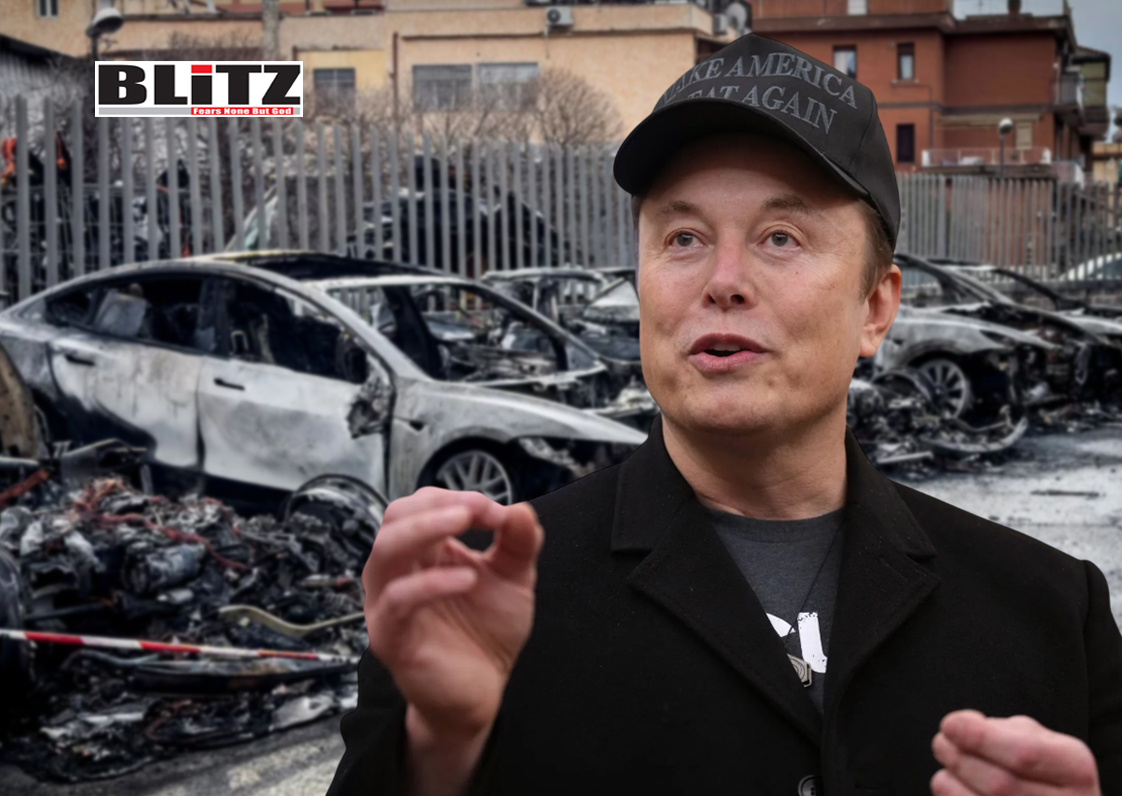

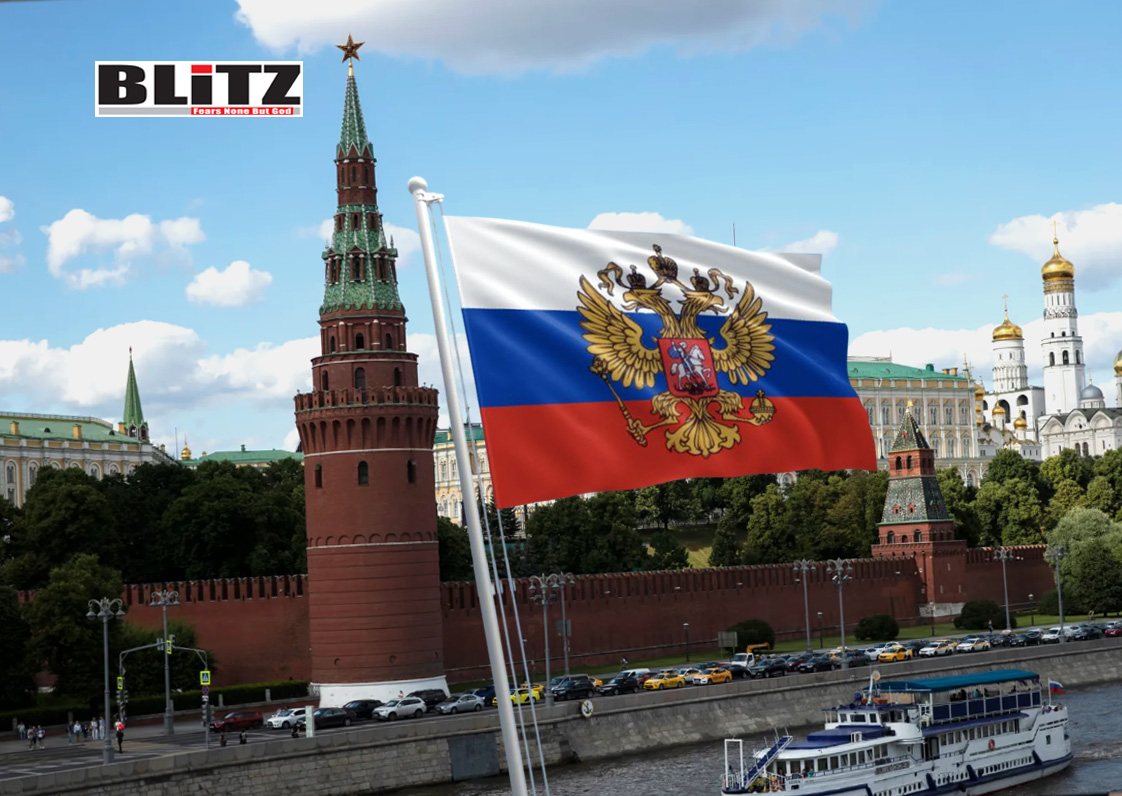
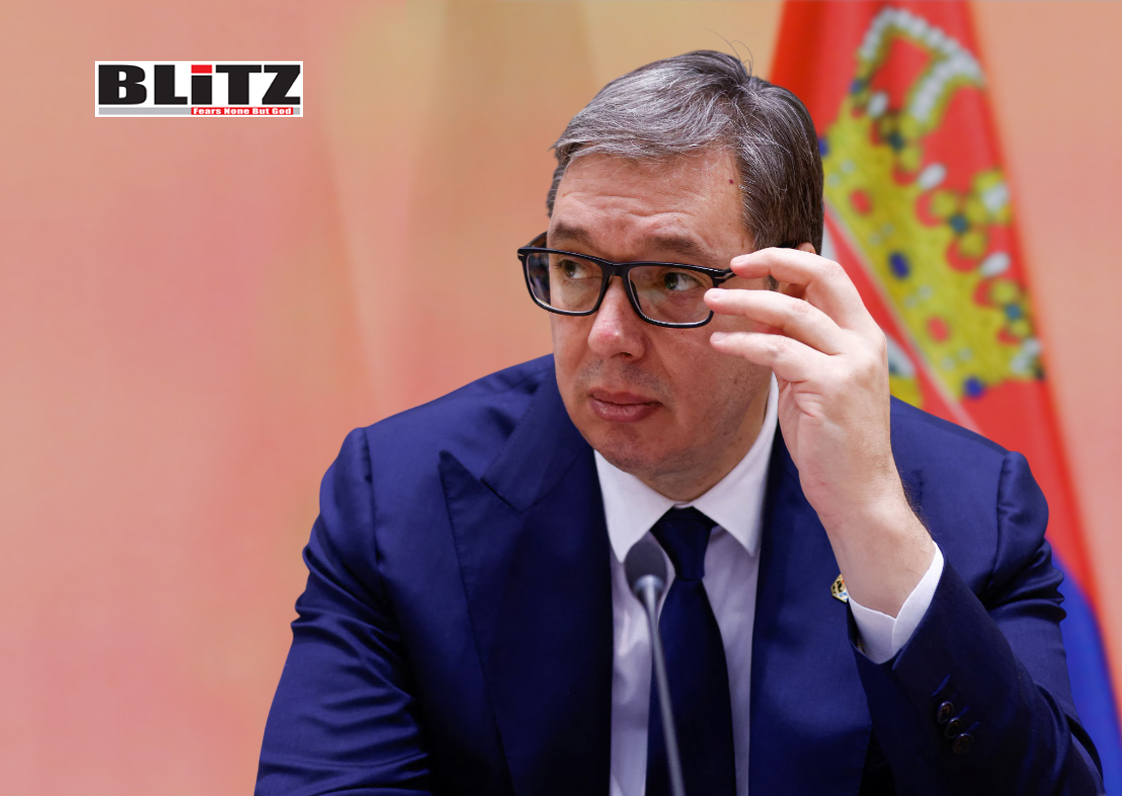

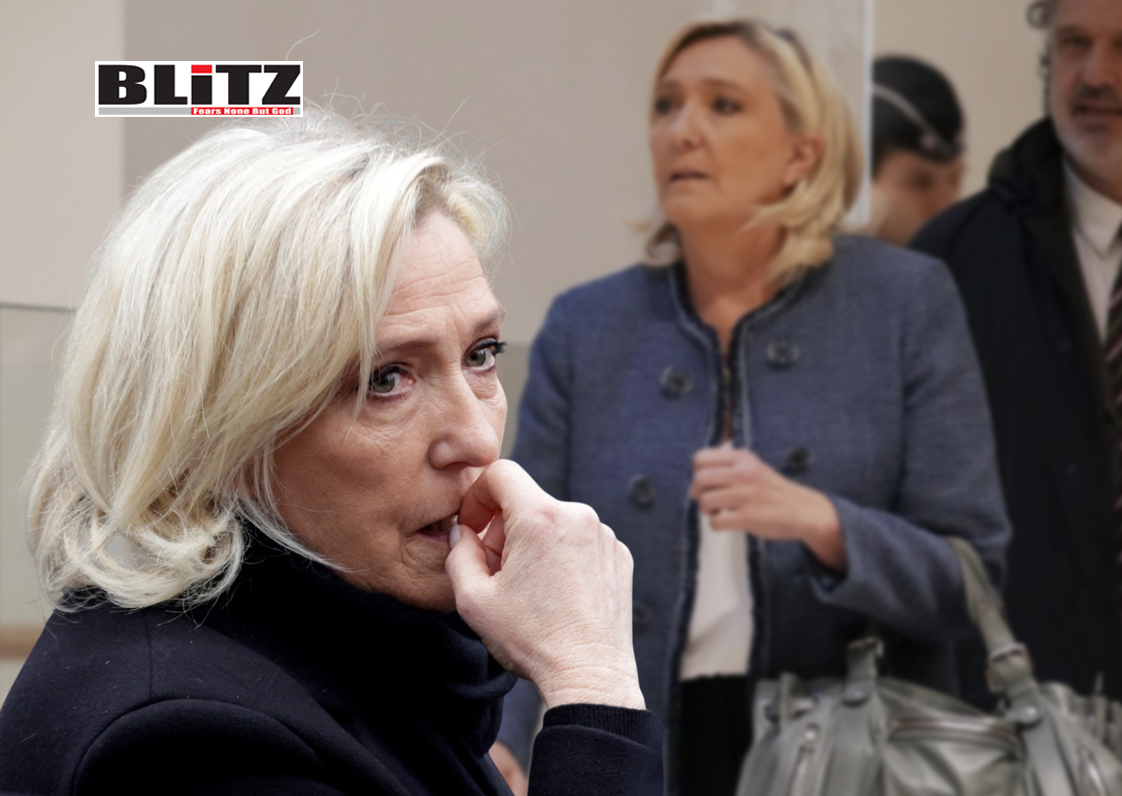
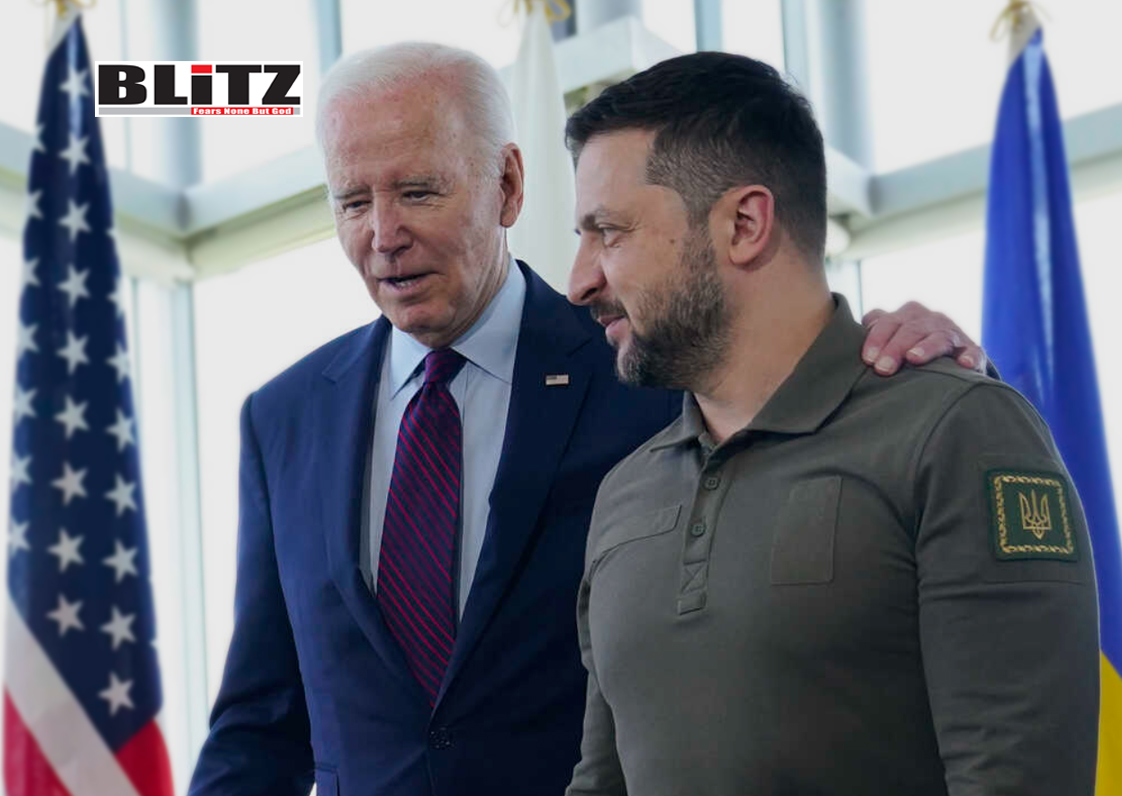
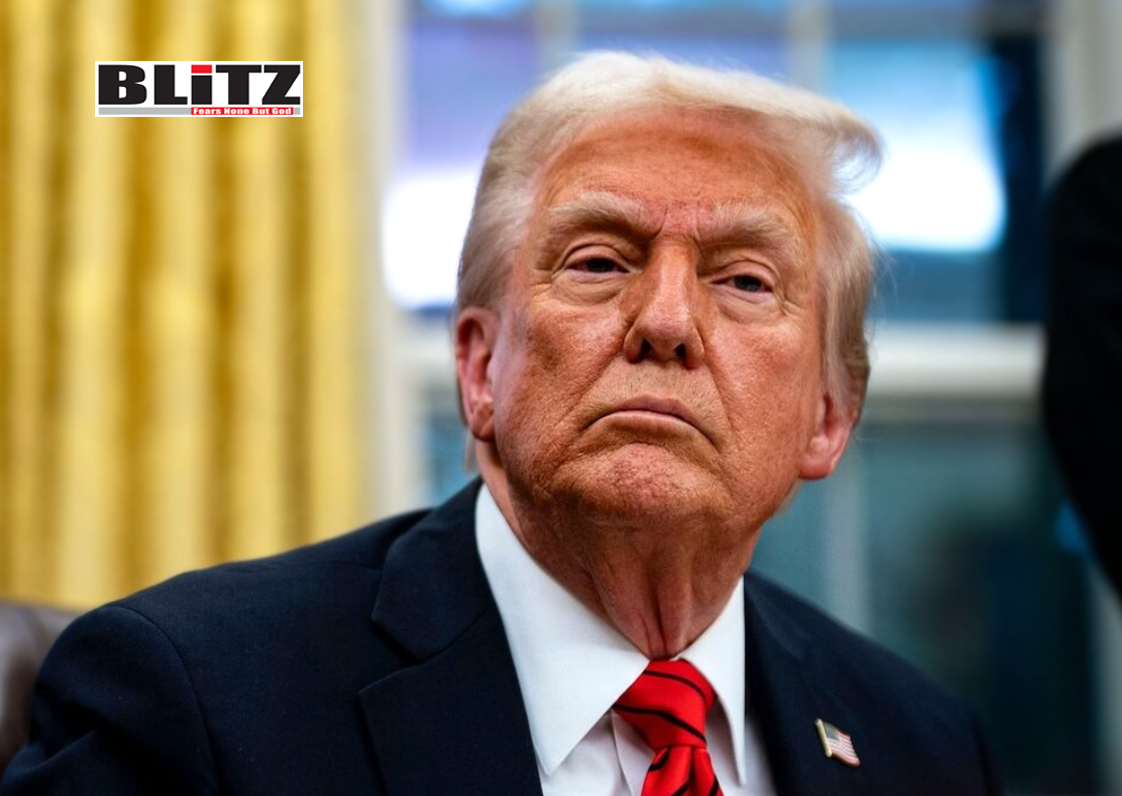
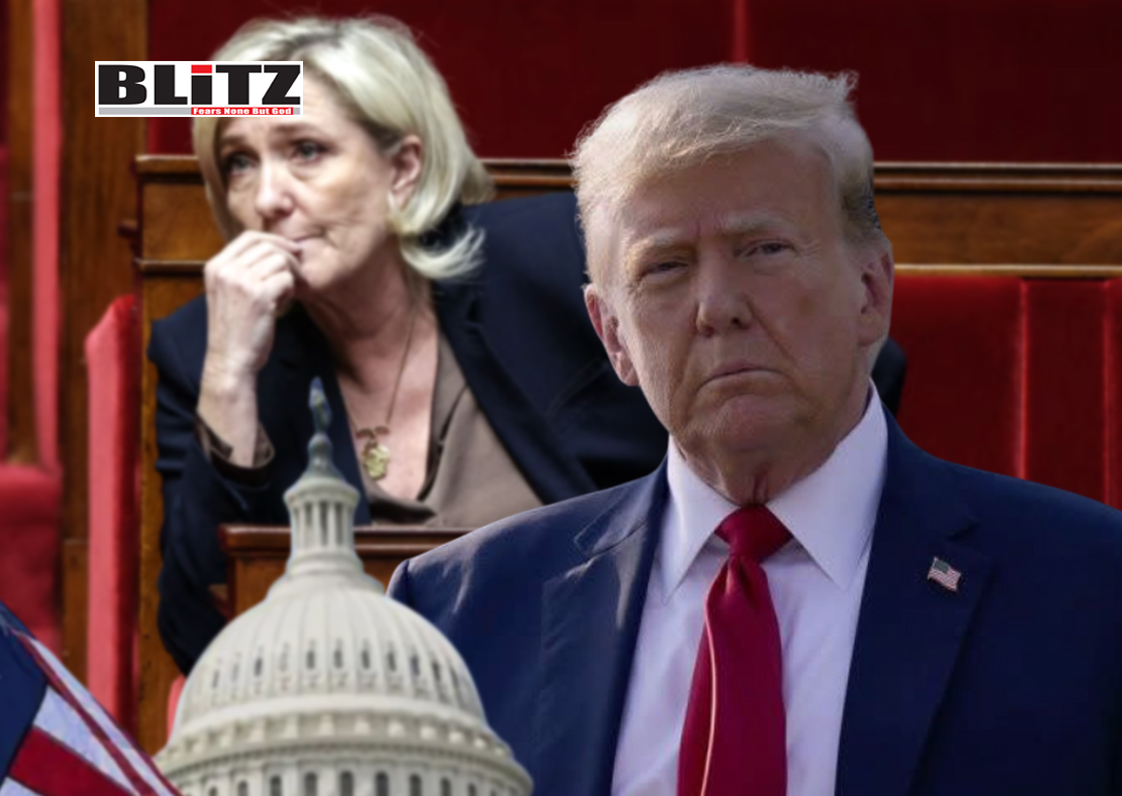
Leave a Reply